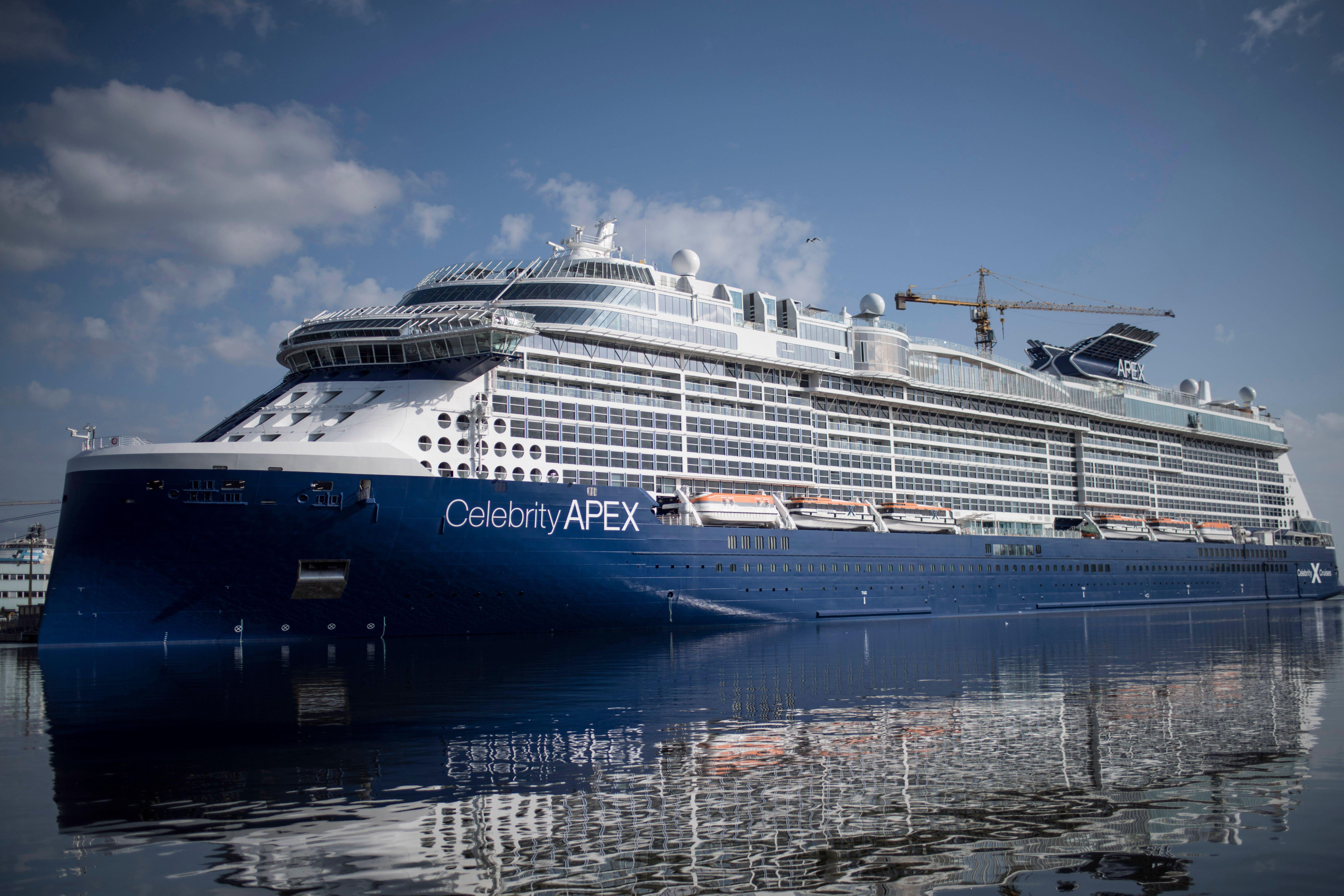Last week, I wrote that the appropriate economic response to the coronavirus crisis was to “bail out everyone,” including crippled industries like airlines and hotels. The government needs to prevent short- and long-term harm wherever possible during this ordeal, which means preventing needless layoffs and bankruptcies at massive employers. It’s fine to attach strings, like requiring companies to maintain payrolls (which Democrats are pushing for and Republicans have resisted). But in general, we shouldn’t be overly picky about who gets a hand.
There is one notable exception to this rule, however: We should not bail out the cruise industry. The White House has repeatedly suggested that the sector would receive some sort of help, with President Donald Trump himself saying that along with hotels and airlines, cruise companies would be “prime candidates” for government aid. But they really aren’t. It would be fine to let Carnival and Royal Caribbean go under.
The reason why boils down to moral hazard, the concern that by saving a company, you might encourage it to repeat bad, destructive behavior down the line. With most of the industries that are now in peril thanks to the COVID-19 pandemic, this isn’t much of a worry. Some might be facing more trouble than others because they took on a bit too much debt in the past decade, but for the most part, corporations aren’t falling prey to their own bad management decisions. Rather, they’re mostly faultless casualties of a disease. Nobody wanted United and Delta to halt all international travel, after all.
The luxury cruise industry is different. Cruise ships are notorious Petri dishes for pathogens, prone to outbreaks of everything from measles to norovirus, and it was clear that they would be a vector for coronavirus transmission by February, when a terrifying outbreak stranded the Diamond Princess in Japan’s Port of Yokohama. In early March, the Grand Princess sat marooned off the California coast with infected passengers as authorities debated where it should dock (eventually, it landed in Oakland). And yet the boats kept setting sail, often with minimal precautions. As the Washington Post explained in a great piece late last week:
After it was clear the coronavirus was spreading around the world, passenger screening was limited. Even on cruises where officials knew of positive tests, such as the Grand Princess, strict quarantines confining passengers to their rooms were not imposed immediately.
Inconsistent deboarding procedures also meant thousands of passengers who traveled on a ship that had carried a passenger who tested positive for the coronavirus went home with little or no medical screening—possibly taking the virus back to their communities.
Worse yet, at least one company may have misled customers about the virus to drum up sales, even after the industry acknowledged it needed to limit some passengers. As Politico explained:
After initially insisting that no restrictions were needed, in recent days the cruise industry has presented a plan to the White House to bar the elderly from cruising over coronavirus risks. But that hasn’t stopped some sales managers from using dubious sales tactics—including Norwegian Cruise Lines, which reportedly encouraged sales reps to lie to potential customers with fantastical pitch lines.
“The Coronavirus can only survive in cold temperatures, so the Caribbean is a fantastic choice for your next cruise,” according to a list of talking points put together by sales managers in the Miami office, according to the Miami New Times. Norwegian did not respond to a request for comment.
The State Department and Centers for Disease Control and Prevention officially told Americans to avoid cruises on March 8. The industry didn’t officially shut down until five days later, after a request from Trump.
Bailing out the cruise industry now would only reward its decision to keep operating after it became clear its vessels were a significant public health hazard, and possibly set the stage for it to repeat the same mistakes the next time the world is facing an incipient pandemic. It would be one thing if we were talking about imposing stricter codes of conduct on the industry in return for loan guarantees (which is the form these bailouts will likely be taking). But that doesn’t seem to be the case.
Despite the obvious moral hazard involved, there might be some argument for bailing out the cruise biz if it were truly an essential piece of the American economy, like the major banks were in 2008. But it’s not. While the world’s three top cruise lines—Carnival, Royal Caribbean, and Norwegian—are all based in Miami, they flag their ships in foreign tax havens like Panama, Bermuda, and Liberia, which allows them to avoid U.S. corporate taxes and do an end-run around domestic labor laws. Relatively few Americans actually work on the ships (in fact, there’s only one cruise ship in the world with an all-American crew). Instead, they tend to be staffed with crews from poorer countries such as the Philippines, who are willing to work long, grueling hours. One investigation by Univision and Columbia University’s journalism school referred to them as “sweatshops on the high seas.” If one or more of these companies ended up in bankruptcy court and most of their assets got scooped up by a private equity firm, it wouldn’t exactly be a catastrophe for the domestic economy.
So, if there are few good reasons to bail out the cruise business, and some very good reasons not to, why does Trump think they’re a “prime” candidate for help? Well, he happens to be friends with Micky Arison, chairman of Carnival, which also sponsored The Apprentice. And this president always puts his friends first.
